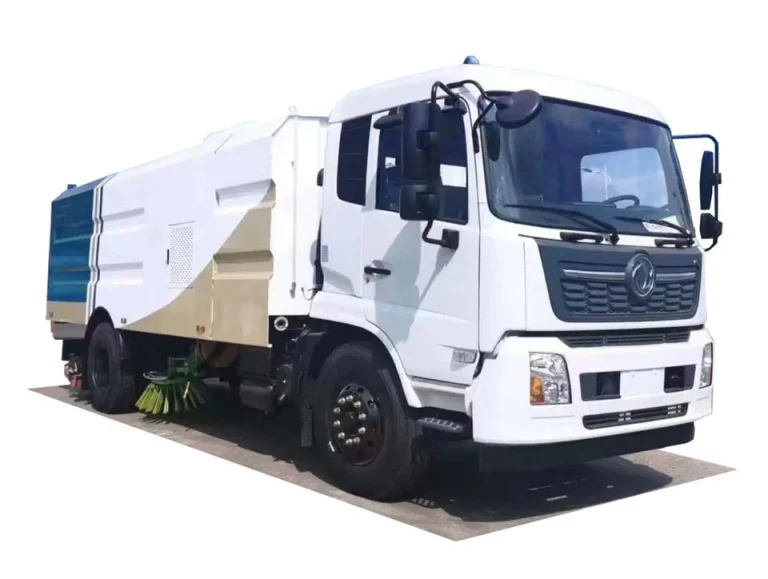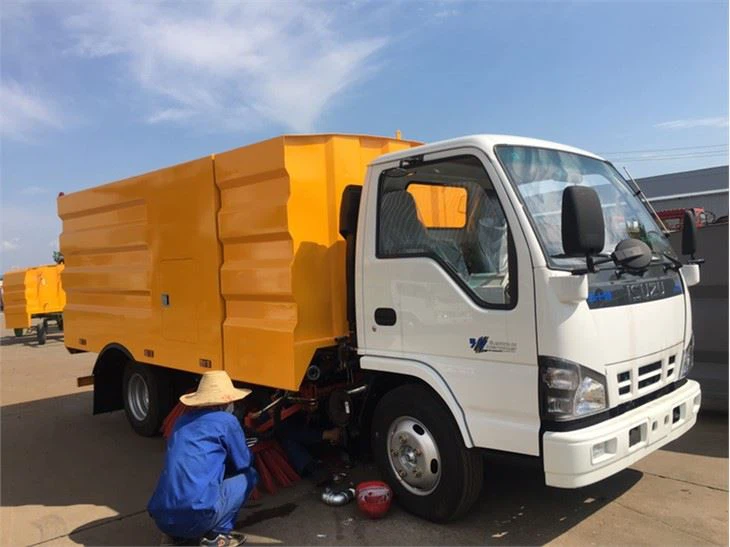Introduction
Small concrete mixer trucks have become essential in the construction and building industries. Their compact size and versatility make them ideal for various projects, from residential constructions to small-scale commercial jobs. This comprehensive guide will provide an in-depth look at small concrete mixer trucks, discussing their features, benefits, types, and tips for using them effectively.
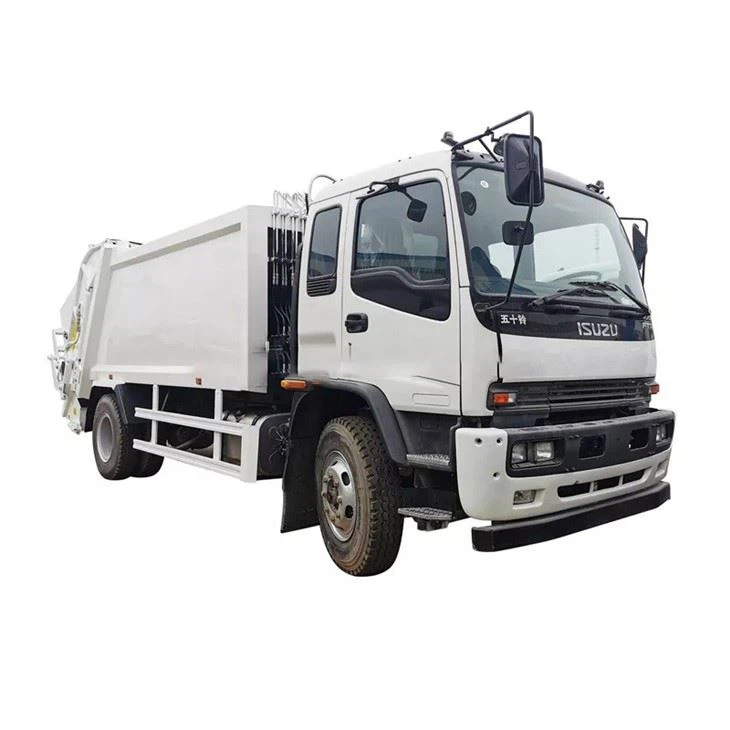
What Are Small Concrete Mixer Trucks?
Small concrete mixer trucks are specialized vehicles designed to transport and mix concrete. Unlike standard mixer trucks, which are larger and suited for bigger projects, these trucks are tailored for smaller applications. They typically have a smaller capacity, ranging from 1 to 4 cubic yards.
Key Features
- Compact Size: Ideal for tight job sites.
- Maneuverability: Can easily navigate urban environments.
- Integrated Mixing Systems: Allow for on-site mixing and pouring.
- Affordable: Generally less expensive than larger mixer trucks.
Applications of Small Concrete Mixer Trucks
Small concrete mixer trucks are employed in numerous scenarios, including:
- Residential building projects
- Small commercial developments
- Road repairs and maintenance
- Landscaping and decorative concrete work
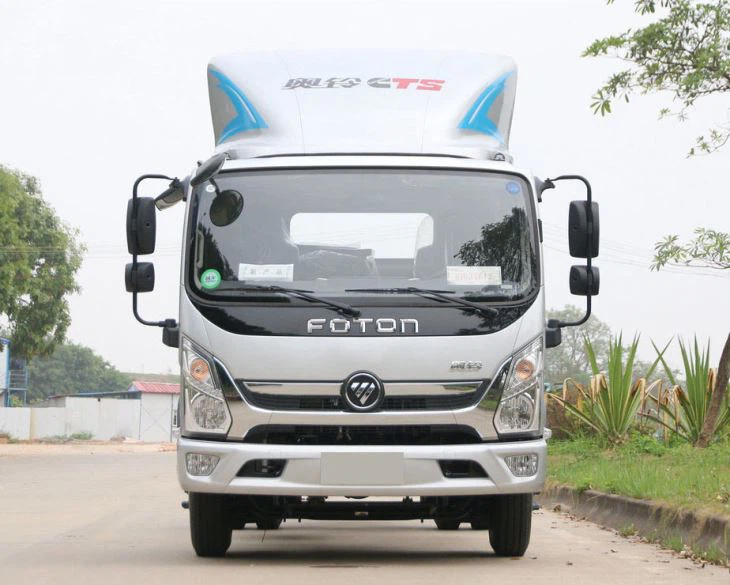
The Benefits of Using Small Concrete Mixer Trucks
There are several significant advantages to using small concrete mixer trucks in your construction projects.
1. Cost-Effective
These trucks are more affordable to purchase or rent compared to their larger counterparts. Their efficient size also means lower fuel costs and lower maintenance expenses.
2. Flexibility
Small concrete mixer trucks can be used in various locations and for multiple jobs, making them incredibly versatile. Their compact size allows them to access areas larger trucks cannot.
3. Time-Saving
The ability to mix concrete on-site saves valuable time during construction. It eliminates the need for waiting for concrete deliveries, ensuring that projects stay on schedule.
4. Reduced Waste
With precise mixing capabilities, these trucks produce only the amount of concrete needed, minimizing wastage and associated costs.
Types of Small Concrete Mixer Trucks
Small concrete mixer trucks come in various types, each tailored for specific needs and applications.
1. Drum Mixer Trucks
These trucks are equipped with a rotating drum that mixes concrete as it transports it. They offer continuous mixing during transport, ensuring a uniform mixture.
2. Volumetric Mixer Trucks
Volumetric mixers can be seen as mobile batching plants. They mix concrete as needed, allowing for precise control over the mix design and enabling the user to produce different types of concrete on-site.
3. Mini Mixer Trucks
These are the smallest in the category and are perfect for very tight job sites where space is a premium. They typically have a capacity of 1 cubic yard or less.
Choosing the Right Small Concrete Mixer Truck
When selecting a small concrete mixer truck, several factors should be considered to ensure it meets your project requirements:
1. Capacity
Choose a truck with a capacity that matches the volume of concrete needed for your project. Common capacities range from 1 to 4 cubic yards.
2. Engine Power
Assess engine specs to ensure that the truck can handle the terrain and weight of the load. More powerful engines can navigate challenging conditions more efficiently.
3. Durability
Look for trucks made from high-quality materials that can withstand the rigors of daily use, especially in challenging environments.
4. Cost
Evaluate your budget for purchasing or renting the truck. Remember to consider both upfront costs and long-term maintenance expenses.
Operating a Small Concrete Mixer Truck
Operating a small concrete mixer truck requires specific skills and knowledge to ensure safety and efficiency.
1. Training
Ensure that all operators undergo proper training to understand the mechanics and handling of the truck. This includes both theoretical and practical training sessions.
2. Safety Measures
Always follow safety protocols, including wearing appropriate safety gear and conducting thorough vehicle inspections before use.
3. Maintenance
Regular maintenance checks are crucial to maintaining the truck’s performance and safety. This includes checking fluid levels, brake systems, and the mixing drum.
Practical Tips for Efficient Use
Here are some practical tips for maximizing efficiency when using small concrete mixer trucks:
1. Plan Your Mix
Before starting, plan your concrete mix to ensure you have the correct proportions of materials. This helps in achieving the desired strength and durability.
2. Keep the Truck Clean
After every use, clean the mixer thoroughly to prevent concrete from hardening and causing damage. Regular cleaning prolongs the life of the truck.
3. Optimize Delivery Times
Coordinate with your team to load and deliver concrete to minimize downtime. Being organized helps in speeding up the entire operation.
4. Utilize Technology
Leverage technology such as GPS and tracking systems for precise delivery and monitoring of concrete usage on-site.
Maintenance and Care of Small Concrete Mixer Trucks
Proper maintenance is essential for keeping small concrete mixer trucks in good working condition. Here’s how to ensure longevity and performance.
1. Daily Inspections
Check the truck daily for any signs of wear and tear. Inspect the tires, brakes, and fluid levels before every use.
2. Scheduled Servicing
Follow a regular servicing schedule as recommended by the manufacturer. This typically includes oil changes, brake checks, and other essential maintenance.
3. Storage
Store the truck in a clean, dry area to prevent rust and damage from weather exposure. Proper storage can extend the life of the vehicle.
Cost Analysis of Small Concrete Mixer Trucks
Understanding the costs involved in owning or renting small concrete mixer trucks is vital for budgeting.
1. Purchase Price
The purchase price of small concrete mixer trucks can vary depending on the brand and features. Prices typically range from $20,000 to $100,000.
2. Rental Costs
If you opt to rent, costs may vary based on the rental duration and the truck’s specifications. Expect rentals to start around $150 per day.
3. Maintenance Costs
Regular maintenance can add to operational costs. Budget around $1,000 to $3,000 annually for servicing and repairs.
Environmental Impact of Concrete Mixer Trucks
While concrete is essential for construction, it’s crucial to recognize its environmental impact.
1. Emissions Control
Many small concrete mixer trucks now come with modern engines designed to minimize emissions. Choosing these vehicles helps reduce air pollution.
2. Eco-Friendly Concrete Options
Consider using eco-friendly concrete mixes that include recycled materials. This approach helps lower the carbon footprint of your projects.
FAQ Section
1. What is the average cost to buy a small concrete mixer truck?
The average cost can range from $20,000 to $100,000, depending on the specifications and features of the truck.
2. How much concrete can a small mixer truck carry?
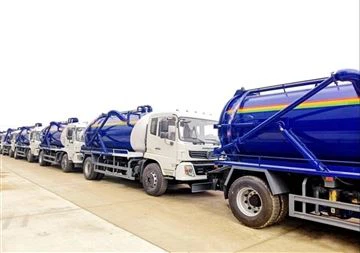
Small concrete mixer trucks typically carry between 1 to 4 cubic yards of concrete.
3. Can small concrete mixer trucks be used for residential projects?
Yes, they are often used for residential projects, including driveways, patios, and small construction jobs.
4. How do volumetric mixer trucks differ from drum mixer trucks?
Volumetric mixers create concrete on-site, allowing for customization, while drum mixers transport already mixed concrete.
5. What are the common maintenance tasks for small concrete mixer trucks?
Regular maintenance tasks include checking fluid levels, inspecting brakes and tires, and cleaning the mixing drum.
6. Are there leasing options for small concrete mixer trucks?
Yes, many companies offer leasing options that can be more cost-effective for temporary projects or smaller operations.



